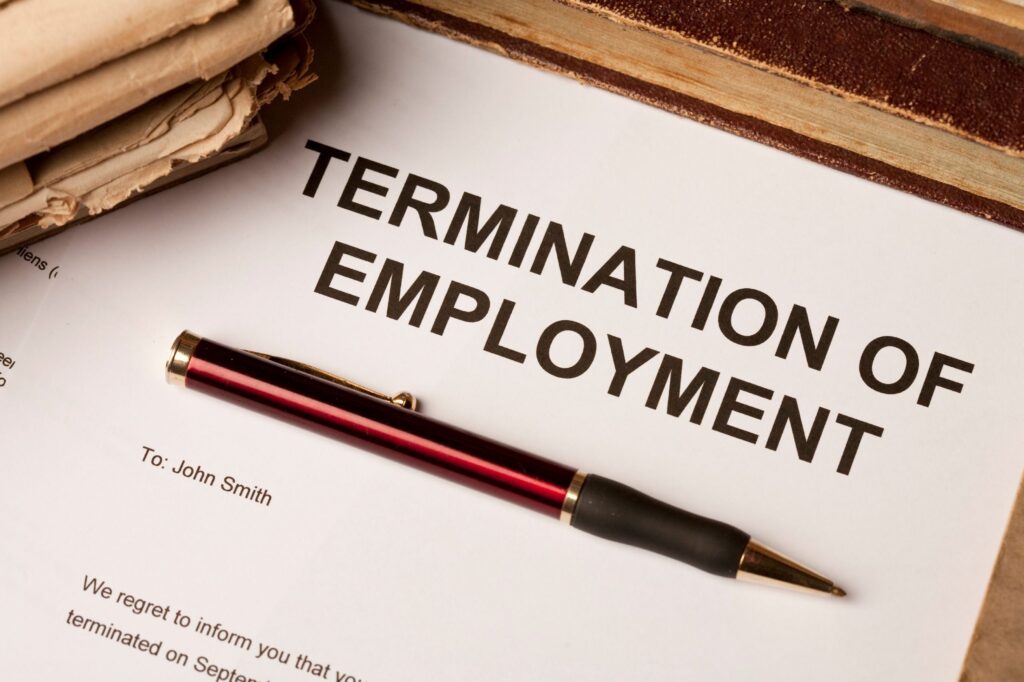Accrual of Annual Leave
With the introduction of the Workplace Relations Act, 2015 employees can now accrue annual leave while on certified sick leave from the 1st of August 2015. Section 86 of the Workplace Relations Act, 2015 amends section, 19, 20, & 23 of the Organisation of Working Time Act, 1997.
The key points to note in relation to this are:
- Annual Leave accrual on sick leave only applies to sick leave from 01 August 2015 and only applies to statutory annual leave entitlements;
- The leave year is always based on an April to March leave year;
- The 15 month extension period applies where an employee is unable to take leave during the leave year or the 6 months extension due to certified illness;
- If the 15 month extension period applies, the entitlement always lapses the following year on the 30th of June;
- If the 6 month extension period applies then entitlement must be taken by 30 September of the same year;
- The onus is always on the employer to ensure the employee takes their annual leave;
- Pay in lieu of outstanding statutory annual leave entitlements can only be paid upon termination of employment.
Reintroduction of Employment Regulation Orders as of the 1st of October 2015 and 1st November 2016
Employment Regulation Orders (ERO’S) were originally created under the Industrial Relations Act 1946. In July 2011 the High Court ruled that the 1946 system for creating EROs was unconstitutional. In May 2013, the Supreme Court ruled that the 1946 system for the establishment of Registered Employment Agreements was also unconstitutional and they have been gone from that date. Under the Industrial Relations Acts 1946-2015, Joint Labour Committees may draw up draft agreements on terms and conditions of employment for employees within a particular sector (including, for example, the security, hotels and retail sectors), which are then submitted to the Labour Court for approval. If the Labour Court approves the agreement, it is then sent to the Minister who can, if s/he thinks it appropriate to do so, adopt an ERO in the terms of the agreement. Once adopted, EROs are legally binding on everyone within the particular sector covered. Under the new measures, EROs for both the security and the contract cleaning industries have been reinstated.
For the security industry the key points to the agreement are:
- Rate of Pay; €10.75 per hour;
- Overtime – hours in excess of an average of 48 hours per week will be paid at a rate of time and a half;
- Personal Attack benefit after 6 months of service;
- Paid Sick Pay Scheme (€12)
For the contract cleaning industry the key points to the agreement are:
- A new minimum pay rate of €10.05, up from €9.75, which came into effect in December 2016. It also provides for two further pay increases with effect from 1 December 2017 and 1 December 2018, when the rates will go up to €10.40 and €10.80 per hour, respectively;
- Overtime rates for terms regarding annual leave, Good Friday and Sunday working;
- Provides for certain sick pay and death-in-service benefits;
- Includes terms regarding disciplinary, grievance and bullying and harassment procedures;
- Requires employers to issue completed weekly rosters at least three days in advance of their commencement;
- Obliges employers, in the event of a transfer of undertaking, to provide employees with a statement of their terms and conditions of employment at least two weeks prior to the transfer, and to provide them with a certificate of service, confirming the employee’s length of service, in advance of the transfer;
- provides that all communication with employees (including correspondence regarding rosters, payslips etc.) should be by email or through the company online portal, where possible;
- puts in place specific terms and conditions regarding uniforms and requires employers to have a clear uniform procedure in place;
- Requires employers to have an operational procedure in place for dealing with wage shortages and overpayments to employees, and to communicate this procedure to all employees and to Trade Union representatives (where the employer recognises a trade union).
- The ERO applies to workers employed by undertakings engaged in whole or in part on the provision of cleaning and janitorial services in, or on the exterior of, establishments including hospitals, offices, shops, stores, factories, apartment buildings, hotels, airports and similar establishments.
European Union (Posting of Workers) Regulations 2016
Legislation has been introduced for the construction sector to provide protection to foreign workers allocated here to do construction work. A new requirement on foreign service providers when posting workers to Ireland is to notify the Workplace Relations Commission (WRC). Employers must provide information which will allow the WRC to monitor posting activity and ensure compliance with posting rules. A new subcontracting liability in the construction sector is introduced to guard against posted workers being paid less than their minimum entitlements. Where a posted worker in construction is not paid the applicable statutory rates of pay by their direct employer, the contractor one step up the supply chain can also be held liable. The legislation creates a right for a posted worker to refer a complaint to the Director General of the WRC naming both their employer and the contractor one step up as respondents. The legislation introduces a defence of due diligence for the contractor in any claim before the WRC. The Regulations set out in detail the test or criteria which the contractor will have to satisfy in order to avail of the defence of due diligence. There are also new measures which allow for the enforcement of cross-border financial administrative penalties and fines.
European Union (Posting of Workers) Regulations 2016
Legislation has been introduced for the construction sector to provide protection to foreign workers allocated here to do construction work. A new requirement on foreign service providers when posting workers to Ireland is to notify the Workplace Relations Commission (WRC). Employers must provide information which will allow the WRC to monitor posting activity and ensure compliance with posting rules. A new subcontracting liability in the construction sector is introduced to guard against posted workers being paid less than their minimum entitlements. Where a posted worker in construction is not paid the applicable statutory rates of pay by their direct employer, the contractor one step up the supply chain can also be held liable. The legislation creates a right for a posted worker to refer a complaint to the Director General of the WRC naming both their employer and the contractor one step up as respondents. The legislation introduces a defence of due diligence for the contractor in any claim before the WRC. The Regulations set out in detail the test or criteria which the contractor will have to satisfy in order to avail of the defence of due diligence. There are also new measures which allow for the enforcement of cross-border financial administrative penalties and fines.








